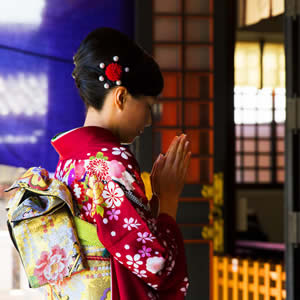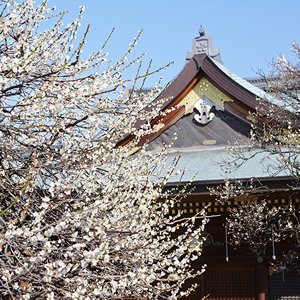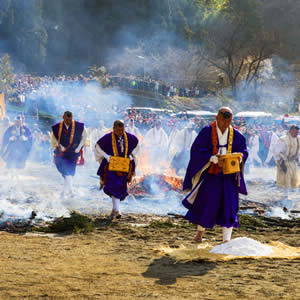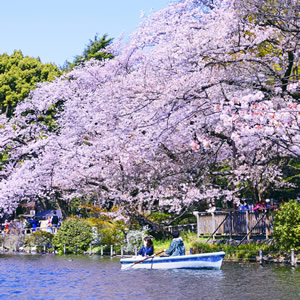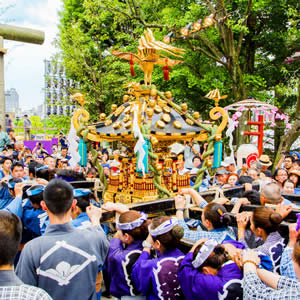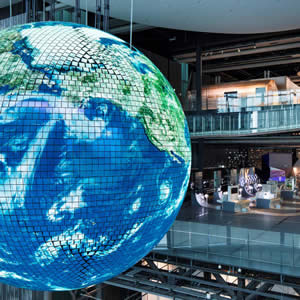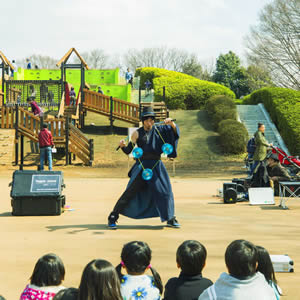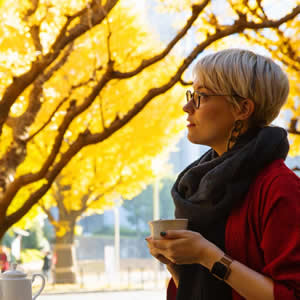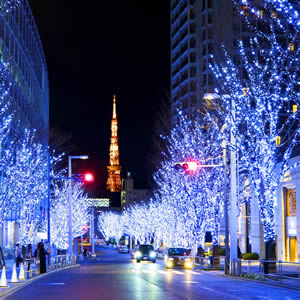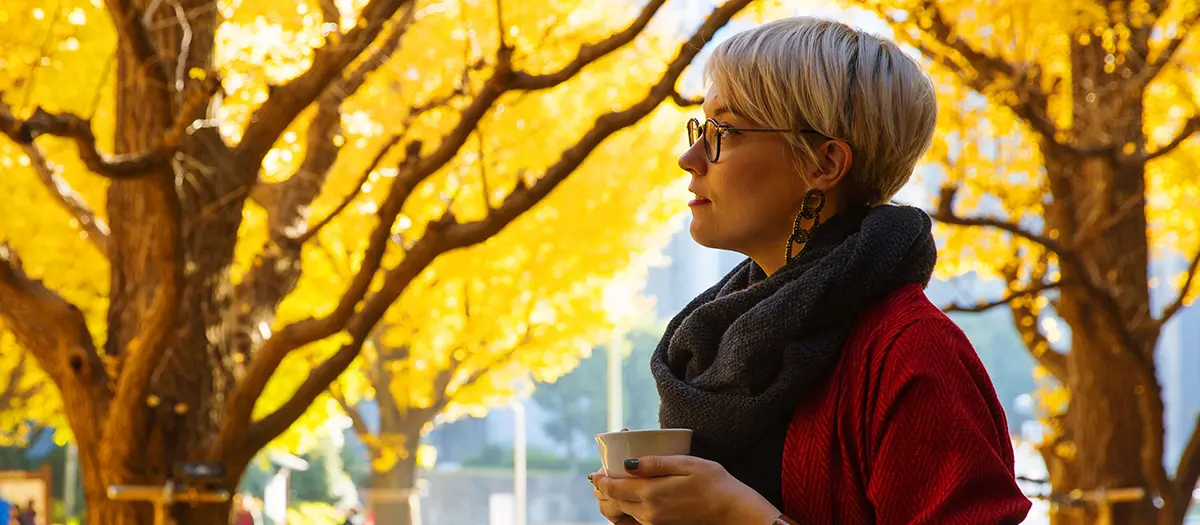
- Share this page
Share this page
- EN
Select Language
- FAVORITES
- Search
Detailed search: You can do a detailed search by keyword, genre, time, area and tag.
Main content starts here.
- Visit Tokyo |
- CALENDAR |
- Best Things to Do and See in Tokyo in November
Updated: January 16, 2026
Best Things to Do and See in Tokyo in November
Is November a good time to visit Tokyo?
While the whole of autumn is a great time to visit Tokyo, the brilliant hues of the fall foliage are at their most vibrant in November. This is the best time of the year to see the beautiful rows of ginkgo trees at Meiji Jingu Gaien and the flowers of the Chrysanthemum Exhibition at Shinjuku Gyoen National Garden. In addition to these natural highlights, November is a great month to take in cultural events, like the Tori-no-ichi Fair in Asakusa.
What is the weather like in Tokyo in November?
In November, the temperature in Tokyo reaches highs of 17.8°C (64.0°F) and lows of 10.2°C (50.3°F), with an average temperature of around 13.7°C (56.7°F) during the day. Sunny days can feel warm, but it gets chilly during windy days and evenings in this relatively dry month. It's a good idea to wear a lightweight jacket or sweater—especially in late November. It's colder in the mountains than in the city center, so dress warmly when going to look at autumn foliage. November sees around 82 mm (3.2 in) of rainfall on average.
Note: This guidance is based on meteorological data for 2024.
Best events, festivals, and other things to do in November
Autumn leaves in Tokyo
In November the foliage reaches a peak of beauty, making this the best time to enjoy the autumn leaves in Tokyo. In the Mt. Mitake area, less than two hours from central Tokyo by train, you can take in gold and crimson leaves against a backdrop of the clear blue Tama River. You can also gaze out at the autumn leaves reflected in Lake Okutama or stroll along the many nearby footpaths. Visitors who want to appreciate autumn's picturesque beauty can do so from many locations throughout the capital, including Meiji Jingu Gaien (Outer Garden), Hibiya Park, Yoyogi Park, and Rikugien Gardens.
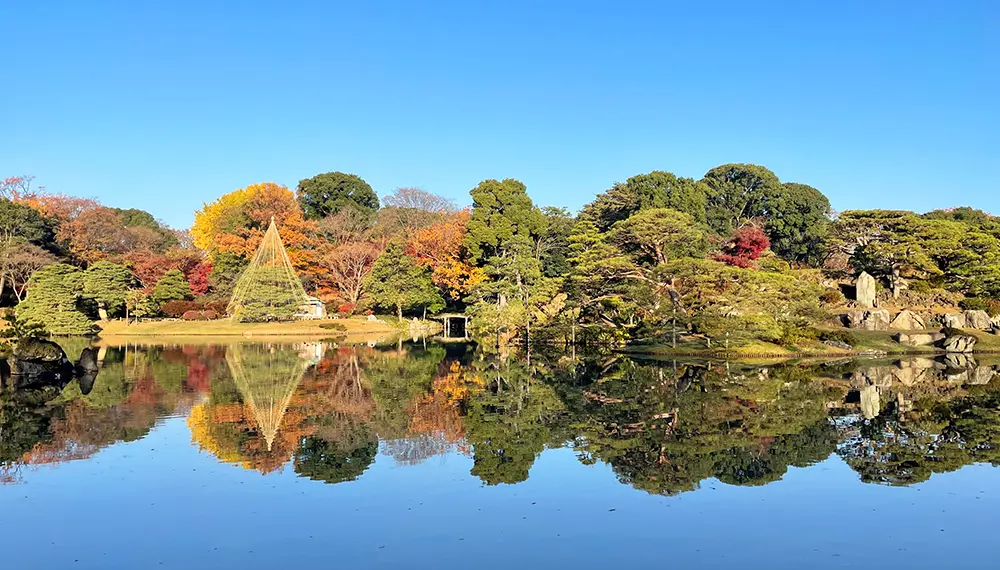
Rikugien Gardens
Mt. Takao Autumn Leaves Festival
Mt. Takao, a popular hiking location less than an hour from Shinjuku Station, hosts the Mt. Takao Autumn Leaves Festival every November. Visitors can enjoy various performances and events throughout the festival, and also try local dishes such as the famous Mt. Takao grated yam soba.
Note: Please check the website for more details and schedule information.
For more information on how to enjoy autumn at Mt. Takao, please watch this introductory YouTube video.
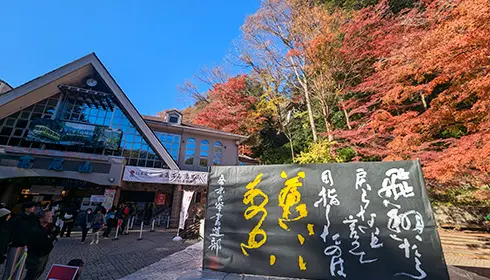
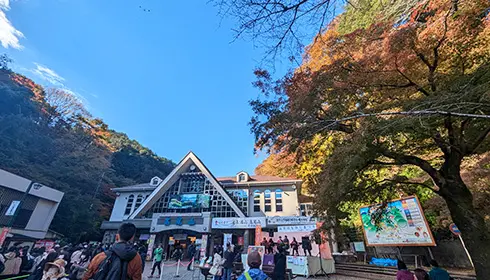
Chrysanthemum Flower Beds Exhibition
From November 1 to 15, Shinjuku Gyoen National Garden hosts an annual Chrysanthemum Flower Beds Exhibition. Chrysanthemums have been cultivated in Japan for centuries and have been displayed at Shinjuku Gyoen since the 1920s. This tradition is associated with the imperial family, and has been carried on to this day through this event. Brilliant displays are guaranteed.
Please note:
Drinking alcohol, smoking cigarettes, using sports equipment and musical instruments in the garden are prohibited. Please check the Shinjuku Gyoen website for the most up-to-date information on the garden's opening hours.
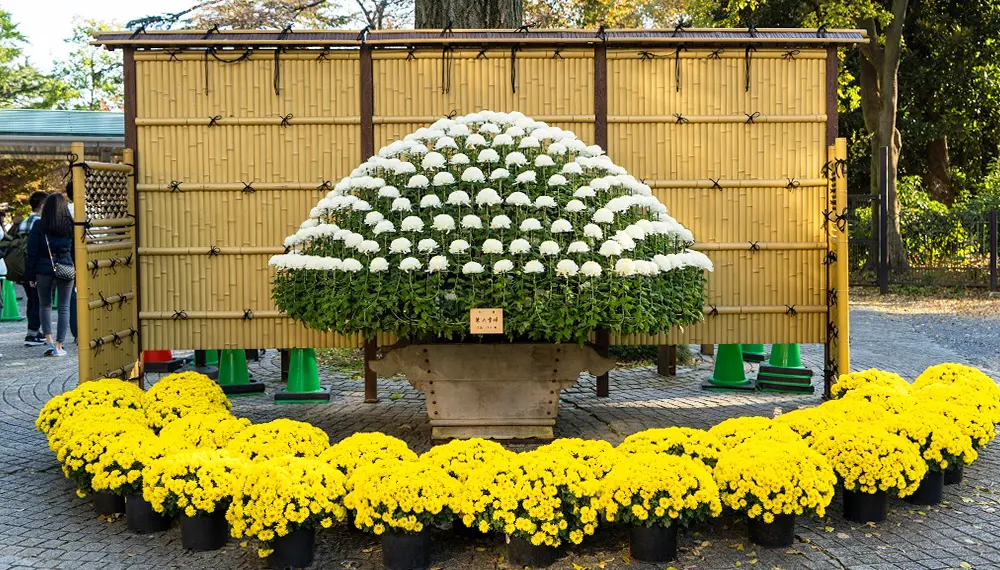
Shinjuku Gyoen National Garden, Management Office
Dream Yosacoy Festival
The Dream Yosacoy Festival, a dance festival held in early November, is one of Tokyo's biggest annual events. Any group that wishes to perform may do so, regardless of nationality, age, or gender. The wonderful routines and exciting atmosphere make this a must-see event.
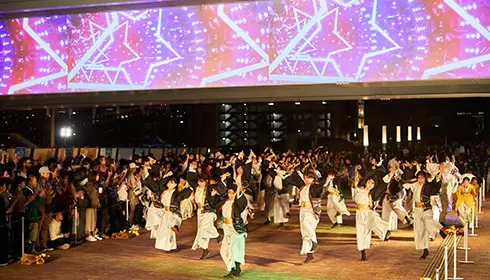
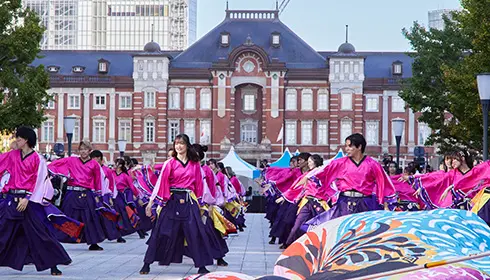
Kokubunji Festival
The Kokubunji Festival is Kokubunji City's largest annual event. With a focus on people, industry, and commerce, the festival offers a wide range of events. Visitors can experience parades, live traditional music, and other stage performances. Kokubunji residents also sell homemade goods and refreshments at booths, making the festival a great opportunity to meet some local people.
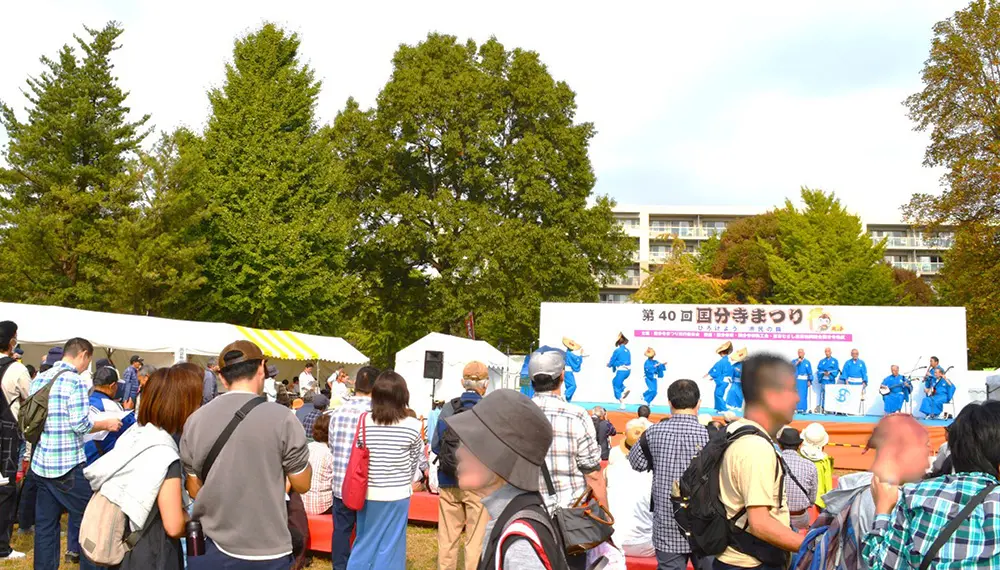
Tori-no-ichi Fairs
Tori-no-ichi Fairs are held every November at shrines and temples on dates that the traditional lunar calendar designates as days of the rooster. People wish for health, good fortune, and prosperity. Merchants also sell beautiful kumade (ornamental rakes) decorated in gold and silver. In Tokyo, you can participate in the festivities by visiting areas such as Asakusa, Shinjuku, and Fuchu. The exciting atmosphere and wonderful items available for sale are imbued with the energy of old Tokyo.
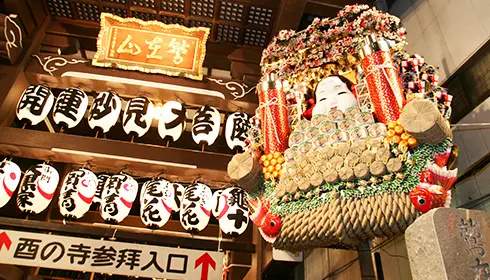
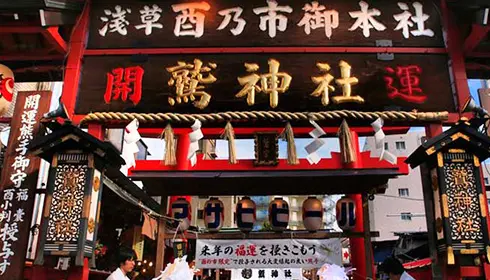
Hachioji Ginkgo Festival
The Hachioji Ginkgo Festival is a perfect occasion to admire the area's beautiful ginkgo trees. Over 700 of them decorate the area around the Koshu Kaido road. Take in the crisp autumn air while you collect stamps or brands (on a wooden plaque) at 12 local checkpoints. Enjoy the local delicacies available at the festival's stalls. However you choose to take part in the festival, you're guaranteed to have a great time.
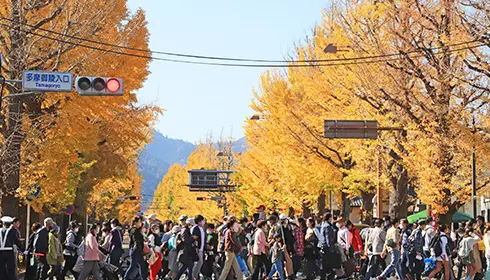 ©Hachioji Ginkgo Festival Committee
©Hachioji Ginkgo Festival Committee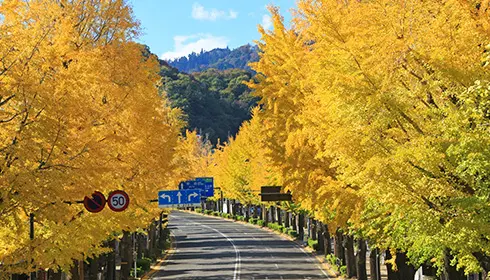 ©Hachioji Ginkgo Festival Committee
©Hachioji Ginkgo Festival Committee